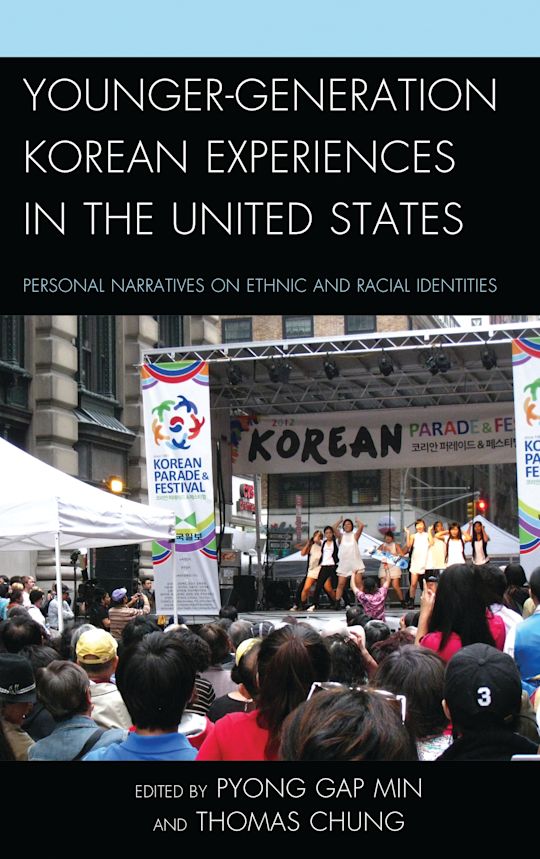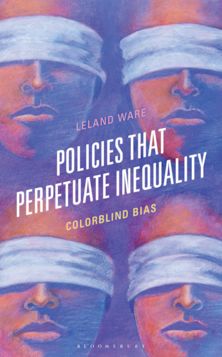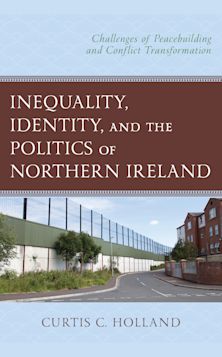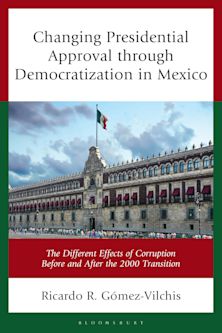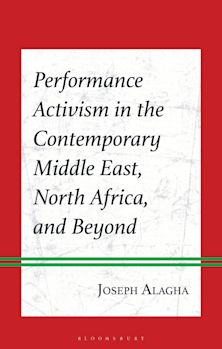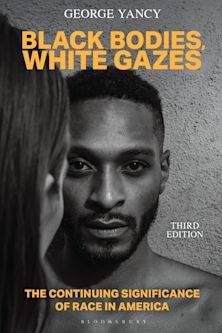- Home
- ACADEMIC
- Politics & International Relations
- Race and Ethnicity
- Younger-Generation Korean Experiences in the United States
Younger-Generation Korean Experiences in the United States
Personal Narratives on Ethnic and Racial Identities
Pyong Gap Min (Anthology Editor) , Thomas Chung (Anthology Editor) , Linda Park (Contributor) , Rose Kim (Contributor) , Alex Jeong (Contributor) , Ruth Chung (Contributor) , Brenda Chung (Contributor) , Sun Park (Contributor) , Thomas Chung (Contributor) , Bora Lee (Contributor) , Helene K. Lee (Contributor) , Dave Hahn (Contributor) , Sung S. Park (Contributor) , Katherine Yungmee Kim (Contributor) , Alexandra Noh (Contributor) , Hyein Lee (Contributor)
Younger-Generation Korean Experiences in the United States
Personal Narratives on Ethnic and Racial Identities
Pyong Gap Min (Anthology Editor) , Thomas Chung (Anthology Editor) , Linda Park (Contributor) , Rose Kim (Contributor) , Alex Jeong (Contributor) , Ruth Chung (Contributor) , Brenda Chung (Contributor) , Sun Park (Contributor) , Thomas Chung (Contributor) , Bora Lee (Contributor) , Helene K. Lee (Contributor) , Dave Hahn (Contributor) , Sung S. Park (Contributor) , Katherine Yungmee Kim (Contributor) , Alexandra Noh (Contributor) , Hyein Lee (Contributor)
You must sign in to add this item to your wishlist. Please sign in or create an account
Description
Younger-Generation Korean Experiences in the United States: Personal Narratives on Ethnic and Racial Identities compares the formation of the ethnic identities of two distinct cohorts of Korean Americans. Through personal essays, the book explores four influential factors of ethnic identity: retention of ethnic culture; participation in ethnic social networks; links to the mother country and its global power and influence; and experiences with racial prejudice and discrimination. The essays reflect certain major changes between the two cohorts—the first growing up in the 1960s and early 1970s and the second growing up during the 1980s and early 1990s— and proves how an increase in the Korean population and in the number of ethnic organizations helped the second-cohort Korean Americans retain their cultural heritage in a more voluntary, and therefore meaningful, way. This book’s combination of first-hand experiences and critical analysis makes it a valuable resource for studies of ethnicity, culture, identity formation, and the Asian-American experience.
Table of Contents
Part 2: The Earlier Cohort-1
Authenticity Dilemma among Pre-1965 Native-Born Koreans - Linda Park
Part 3: The Earlier Cohort-2
My Trek - Rose Kim
A Handicapped Korean in America - Alex Jeong
Reflections on a Korean-American Journey - Ruth Chung
Part 4: The Later Cohort, Group1
Growing Up Korean American: Navigating a Complex Search for Belonging - Brenda Chung
How to Be a Korean - Sun Park
Too American to Be Korean, Too Korean to Be American: A Second-Generation Outsider’s Account - Thomas Chung
The Way I See It - Bora Lee
Part 5: The Later Cohort, Group 2
Miyeok Guk for the Korean Soul - Helene K. Lee
Anyone Ever Tell You that You Look Like…? - Dave Hahn
Family Matters: Emerging Adulthood and the Evolution of My Ethno-Racial Identity - Sung S. Park
Part 6: The Later Cohort, Group 3
The Outlier - Katherine Yungmee Kim
?????? (Halmuhnee Ahn-Nyung?) - Alexandra Noh
What it Means to Be Korean - Hyein Lee
Part 7: Comments Chapter - Pyong Gap Min and Thomas Chung
Product details
| Published | Jun 11 2014 |
|---|---|
| Format | Ebook (PDF) |
| Edition | 1st |
| Extent | 254 |
| ISBN | 9798216274964 |
| Imprint | Lexington Books |
| Illustrations | 2 Tables |
| Publisher | Bloomsbury Publishing |
About the contributors
Reviews
-
These narratives relate personal recollections about the quest for ethnic identity and belonging, and are full of insights gained from the struggles, frustrations, hopes, and successes throughout the subjects’ life experiences. Readers, especially Korean American readers but also those of any background, will find the two books [this book and Korean Americans Who Have Empowered the Korean-American Community] in equal measures thought-provoking and touching as they empathize with the various narrators from their own perspectives.
The Review of Korean Studies
-
By presenting the voices of Korean Americans—in fascinating and often moving personal narratives that explore identities, networks, and links to South Korea—this book enriches our understanding of the second-generation experience.
Nancy Foner, Hunter College and the Graduate Center, CUNY
-
Comparing the experiences of Korean American youth in two different time periods, this unique and insightful book examines the ways in which internal and external factors have contributed to different ethnic and racial identity formations. Drawing on personal narratives, the book is immanently engaging, and thus will appeal to a broad audience of scholars and students, as well as the public at large.
Mehdi Bozorgmehr, Professor of Sociology, CUNY
-
This is a wonderfully informative study of the complex phenomenon of ethnic identity among Korean Americans. The detailed qualitative analysis reveals the significance of historical context, social ties, and experiences with racial prejudice. This book should be of interest to anyone who wishes to understand the formation of Asian American ethnic identities.
Arthur Sakamoto, Texas A&M University








